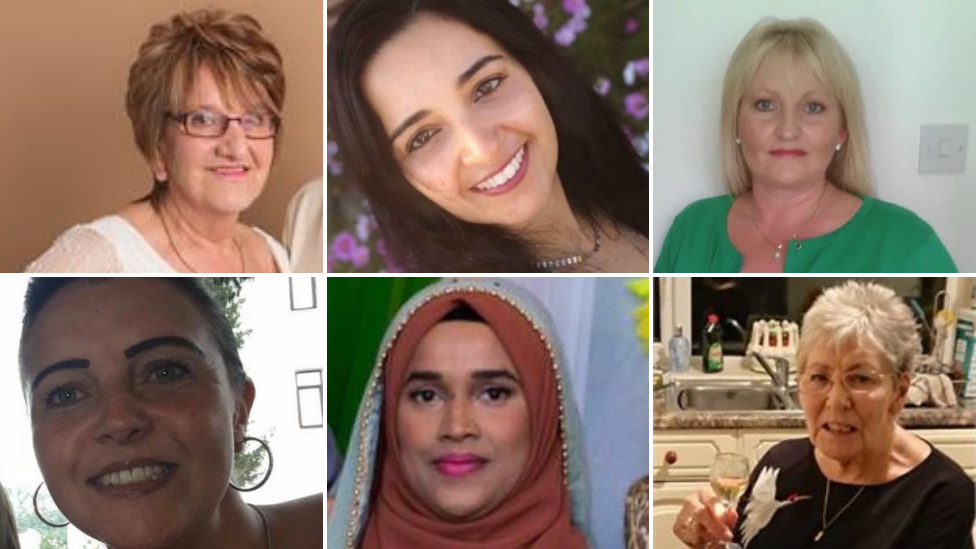Coronavirus: Measures make domestic abuse victims 'very vulnerable'
- Published
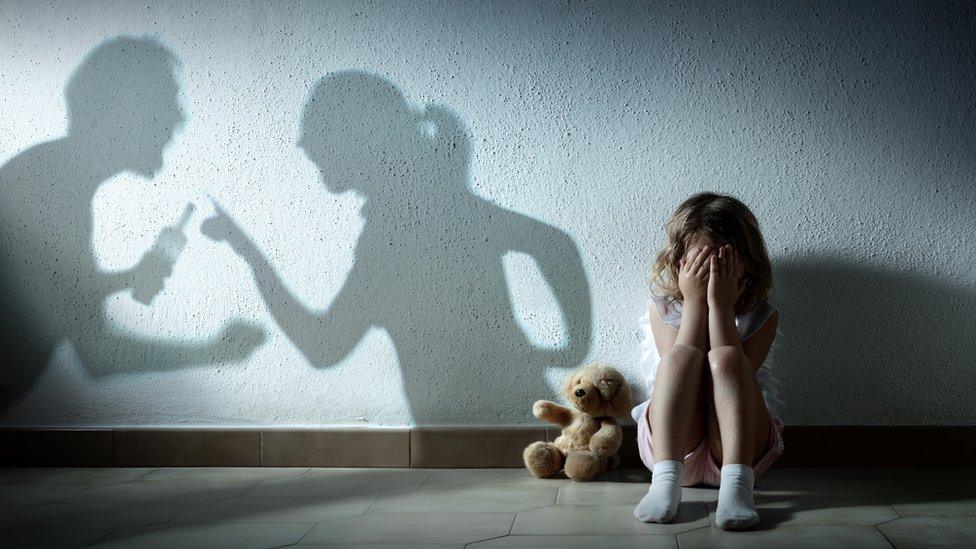
Stopping at home, health worries and job losses can put extra strain on relationships
Police have warned that more people may find themselves being victims of domestic abuse under measures designed to stop the spread of coronavirus.
Being stuck at home due to social distancing is a "very daunting prospect" for victims of domestic abuse, Leicestershire Police has said.
Health concerns and job losses may also add pressure, causing some people to experience abuse for the first time.
Activists say abuse has already increased elsewhere in the world.
Det Ch Insp Lucy Batchelor, Leicestershire's lead for domestic abuse, said: "These are unprecedented times; never have we seen such measures from the government around staying at home.
"While it is of course necessary to fight the spread of coronavirus, it of course puts some people in a very vulnerable position.
"With the current situation, we are acutely aware of the risks of being in the same house as an abuser for long amounts of time."
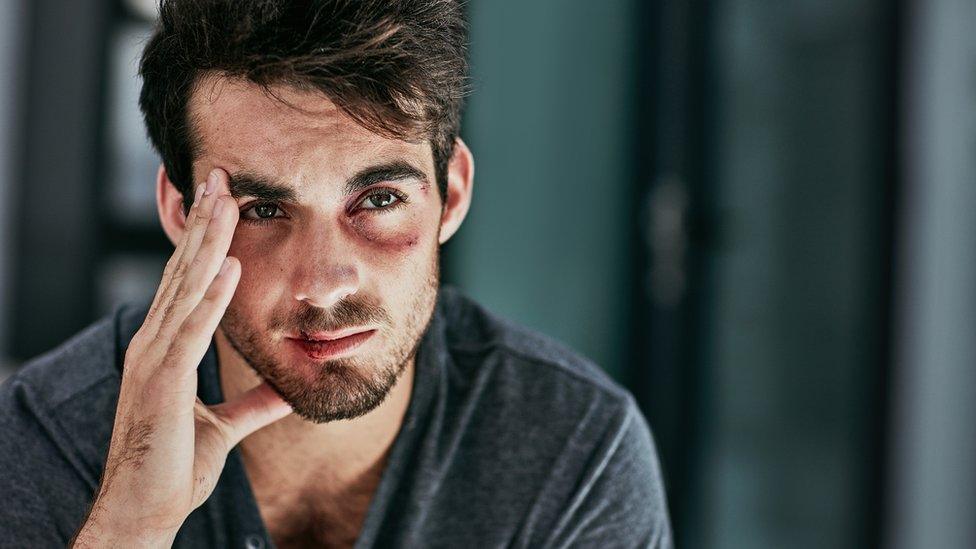
An estimated 1.6 million women and 786,000 men experienced domestic abuse in England and Wales in the year ending March 2019
An estimated 1.6 million women and 786,000 men experienced domestic abuse in England and Wales in the year ending March 2019, according to the Office for National Statistics, external.
And in 2018, 173 people were killed in domestic violence-related homicides, according to data obtained by the BBC from 43 police forces across the UK.
Det Ch Insp Batchelor said people should call 999 in an emergency as they usually do.
Women's Aid has also issued safety advice, external which includes keeping a mobile phone with you at all times.
"Survivors are telling us that they are feeling unsafe with the prospect of being isolated in the house with their perpetrator," the charity said.
"Some local support services in the community may be temporarily suspended. This will mean that some survivors will feel particularly isolated."

EASY STEPS: How to keep safe
A SIMPLE GUIDE: What are the symptoms?
GETTING READY: How prepared is the UK?
MAPS AND CHARTS: Visual guide to the outbreak
TRAVEL PLANS: What are your rights?
PUBLIC TRANSPORT: What's the risk?


Follow BBC East Midlands on Facebook, external, Twitter, external, or Instagram, external. Send your story ideas to eastmidsnews@bbc.co.uk, external.
- Published1 April 2020
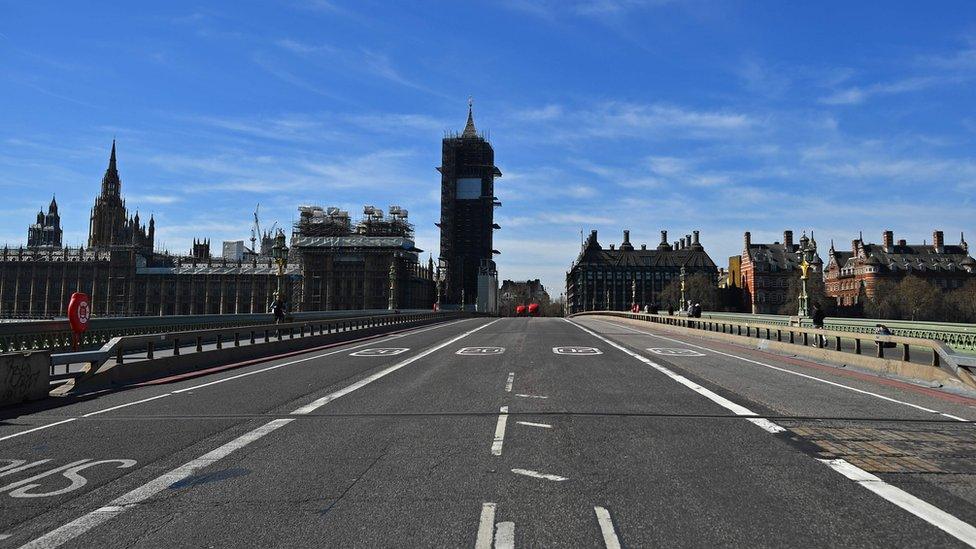
- Published20 March 2020
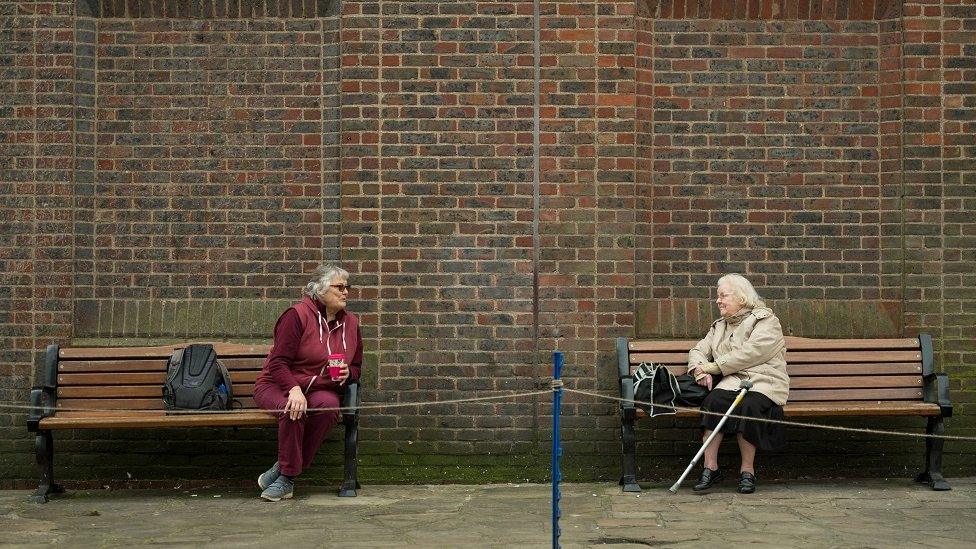
- Published13 September 2019
